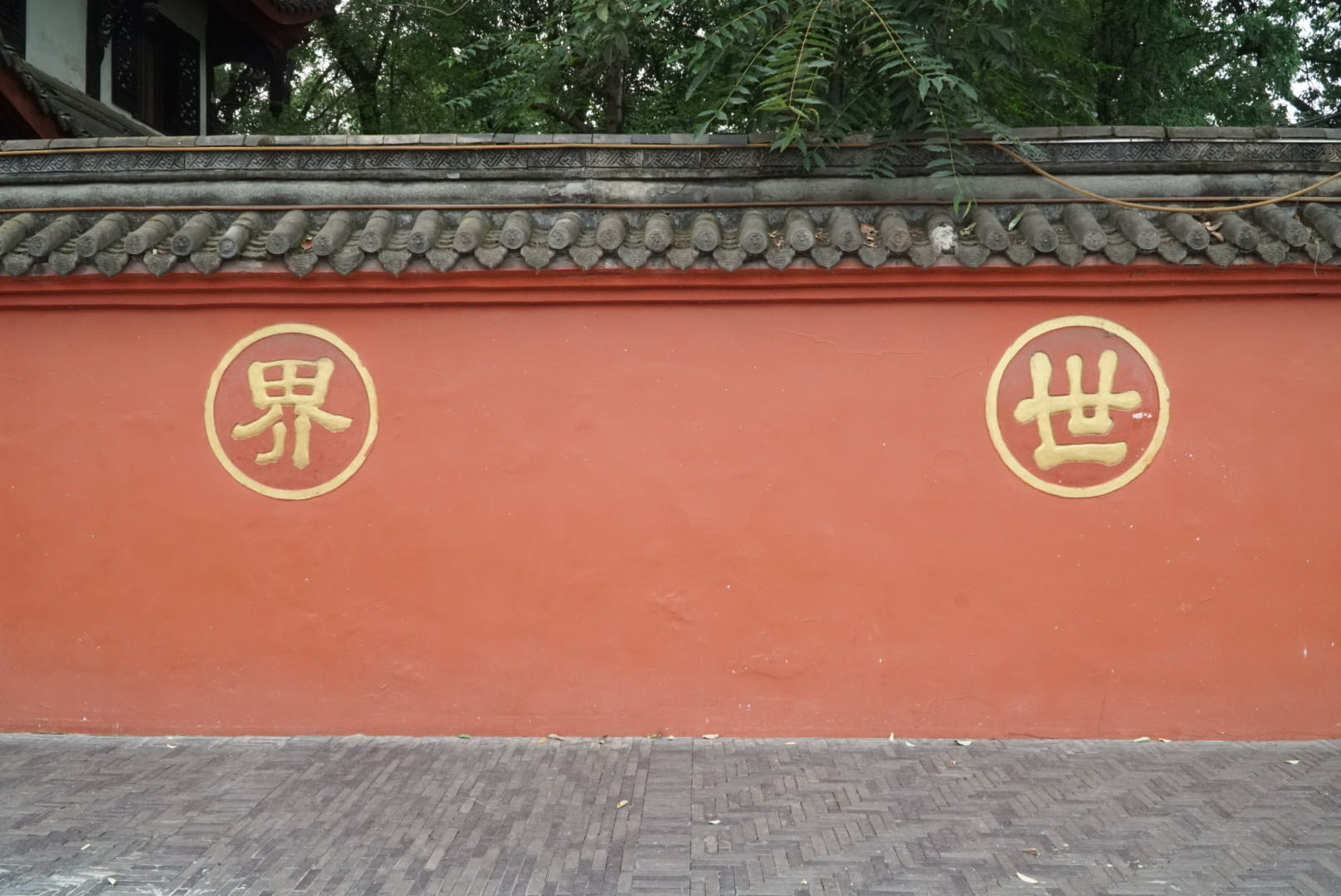Dissertation Proposal Writing Information Session
Kathy Cochran, Deputy Director of the Writing Program
(OPEN TO ALL STUDENTS IN ANY FIELD)
Thursday, February 23rd
4:00-6:00 PM
John Hope Franklin Room (SSR 224)
Please join the East Asia: Transregional Histories Workshop in welcoming Kathy Cochran as she guides us through writing one of the most important papers of your pre-ABD career, the dissertation proposal. Using examples from real proposals as well as Professor Leora Auslander’s guide to proposal writing, Kathy’s presentation on mobilizing “problem and solution” language in proposals will offer techniques for clearly conveying the value of your project. Afterward, there will be time for questions of all sorts about proposals. This event is open to any and all who might find it valuable, and it is aimed primarily at history students, regardless of field.
There is no paper for this event, but Professor Auslander’s guide to writing the dissertation proposal can be found on the History Grad Student chalk site under “Proposals,” and also at the East Asia: Transregional Histories workshop website.
As always, first-time attendees are welcome. Light refreshments and snacks will be served.
If you have any questions or require assistance to attend, please contact Jessa Dahl at jdahl@uchicago.edu or Erin Newton at emnewton@uchicago.edu.
